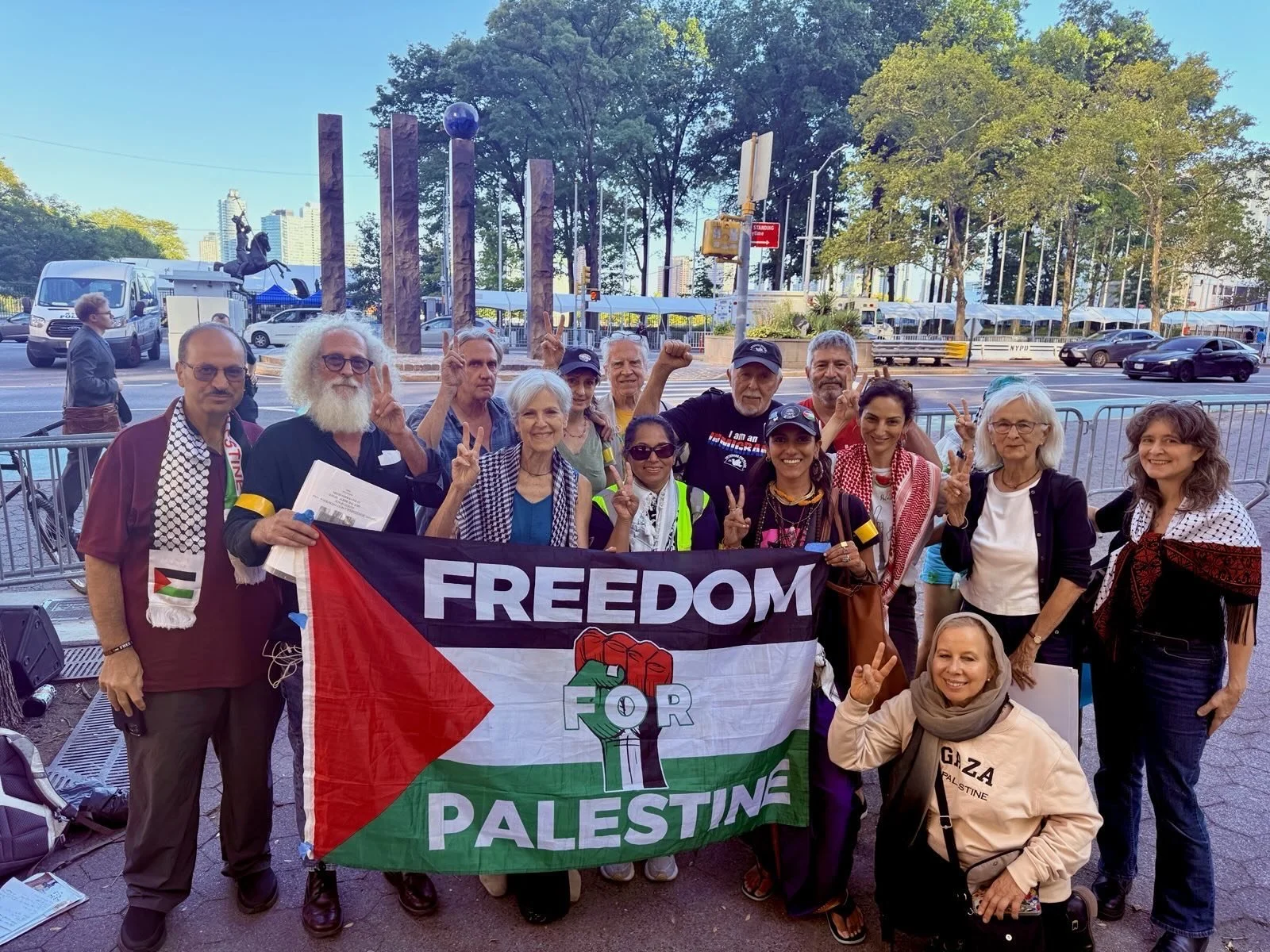News & Updates
Featured

A call to the UN for Gaza
Perceiving the need for healing and reconciliation in the world, the founders of IFOR formulated a vision of the human community based upon the belief that love in action has the power to transform unjust political, social, and economic structures.
Today IFOR has branches, groups, and affiliates in over 40 countries on all continents. Although organized on a national and regional basis, IFOR seeks to overcome the division of nation-states which are often the source of conflict and violence. Its membership includes adherents of all the major spiritual traditions as well as those who have other spiritual sources for their commitment to nonviolence.
IFOR members share a vision of a world where conflicts are resolved through nonviolent means, where systems that foster fear and hatred are dismantled, and where justice is sought as a basis for peace. While coming from diverse religious backgrounds, we have a common belief in the transforming power of nonviolence and reconciliation.